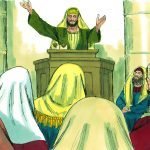
Fanny Crosby Biography
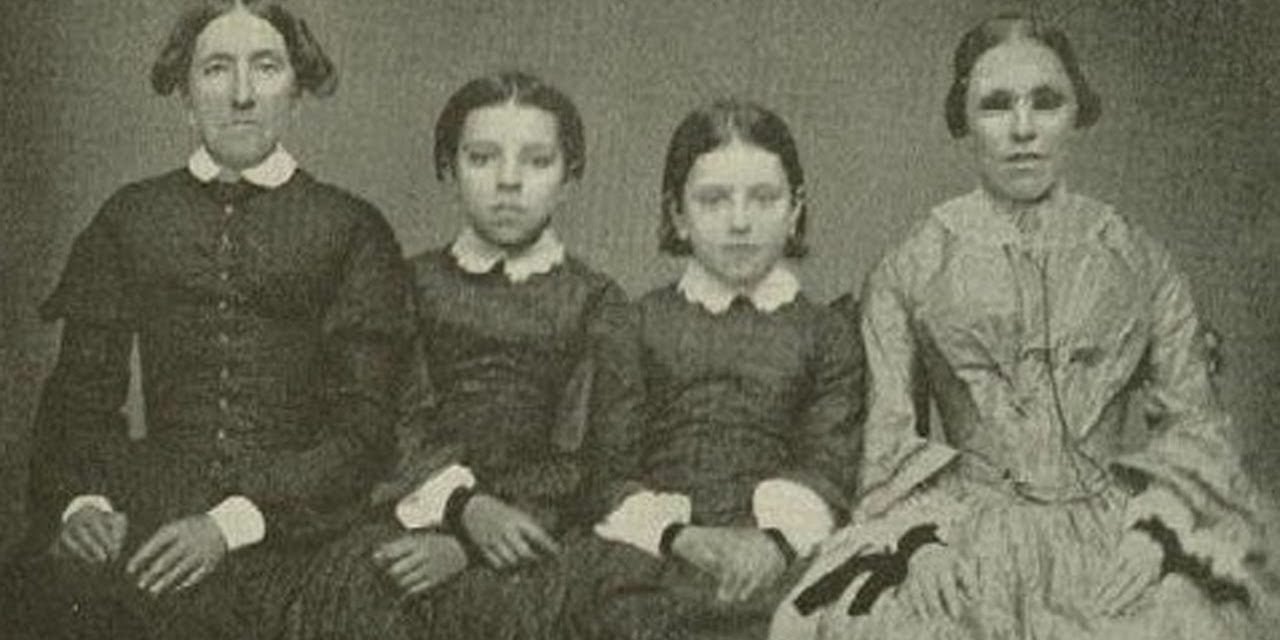
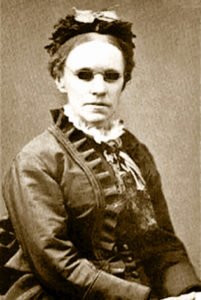
The hymn writer Fanny Crosby
Frances Jane Crosby was born on March 24, 1820 in the Puritan community in the town of Southeast, New York, the only child of Mercy and John. Her father became ill and died in November of the same year, leaving her mother a widow at age twenty-one. She worked as a housemaid to provide for Fanny and Fanny was left to her grandmother, Eunice Crosby. It was Eunice who was determined to have Fanny not see herself at a disadvantage because of her blindness. She practiced multiple textures, scents, and descriptions with her granddaughter, enhancing her skills and powers of memory. This instruction would prove its lasting effects in Fanny’s life. Mercy Crosby’s work moved her and Fanny around New England twice. At age fourteen, she read about the newly established Institution for the Blind in New York City. Fanny was riddled with happiness at this discovery and began attending in March, 1835. With the exception of math, Fanny proved herself an excellent student and a warm, exuberant girl who made friends and wrote poetry with equal ease. It was her poetry and musical abilities that the Institution began counting on to show the need for more of their schools across the states. Fanny’s name and her talents were becoming well known, dubbing her ‘The Blind Poetess’.
Fanny performed at other universities, and a special presentation at Congress in Washington, D.C. in 1844, among others from America to Britain. Fanny was grateful to the Institution for her education and wanted to promote its chances to other blind children. She was content to travel and teach for the Institution as a grammar, music, and poetic instructor. Fanny published The Blind Girl and Other Poemsin 1844. Presidents, ambassadors, war generals, and the nationwide church knew her poetry and music and devoured it. But Fanny’s accomplishments did not lead to pride.Her poems were what the public expected, but didn’t contain half of what her soul was proclaiming about God and Heaven. She wanted her poetry to lift people’s souls toward Jesus and salvation, not to coddle them with false warmth. That, and the traveling and teaching were taking a toll on her health. After a rest, Fanny went back to her teaching at the school, with the occasional poetry reading. She taught until 1858, when she married Alexander Van Alstine, also a teacher of the school for the blind and as blind as Fanny herself. For the first year, Fanny thrived in the role of a housewife, before she felt the restlessness for God’s work. She also battled depression with the death of her first and only child in its infancy. It was something Fanny would not talk much about in her life. Crosby and Alstine led a very saturated married life, even so much as having different addresses. And this suited them fine, freeing them to pursue their individual careers, up until Alexander’s death in 1902. Married or not, Fanny’s passion was in hymn-writing and she was soon writing three to six hymns a week for Sunday School publications of Biglow and Main publishers in New York City.
She wrote for those who didn’t want to hear preaching from the pulpit, but also for the poor of the world. Fanny identified with the poor enough to move into the same run-down, crowded apartments of the city.
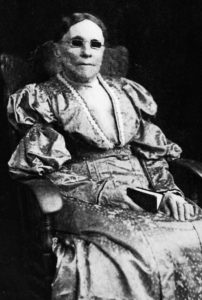
Fanny Crosby
Fanny’s uncanny ability to set words to music and likewise to improvise music to words made her noticeable to many in the world of church music. One of them was William B. Bradbury, who hired Fanny as a regular writer for his publishing company. Fanny worked for Bradbury-composing several hymns a day!- until his death in 1868. Bradbury was not the only publisher that Fanny wrote hymns for. Biglow and Main aside, there was Philipp Phillips, a singer, author, and seller of musical instruments out of Cincinnati, Ohio. Of the many big publishing names that Fanny wrote for, she also wrote under many pen names. This was because she wrote so many,her publishers needed the public to think that it was more then one writer composing them! By the 1870s, her number of compositions exceeded six thousand!
Several such as ‘Safe in the Arms of Jesus’, ‘I Am Thine O Lord’, and ‘To God Be the Glory’ were favorites sung all over the world. Fanny had this way of attaching the message of Jesus into daily life, which gave worshippers something to relate to. Sylvester Main, another publisher and friend of Fanny’s, died in 1873, but that paved the way for Fanny to write more hymns for Dwight L. Moody and his soloist, Ira Sankey, only three years later. By then, Fanny’s title of ‘The Blind Poetess’ had surmounted to ‘The Queen of Hymn Writers’. Fanny composed hymns and gave inspirational speeches to audiences across the United States until 1894. But writing wasn’t her only occupancy for God.
She contributed her ministry and preaching to several local missions. She saw both of these ways to offer hope and lead people to the decision to follow Christ. In fact, many of her hymns were inspired by her missions work in New York City. Blindness didn’t stop Fanny from writing or helping in Christian rescue missions. From 1880 to 1915, Fanny moved about the slums of New York, living among the poor that she worked to improve the living conditions of. She worked at these missions and wrote until her death in 1915, at the age of ninety-four.


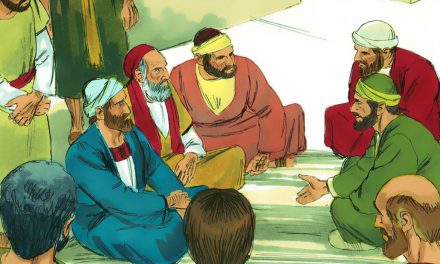

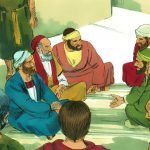
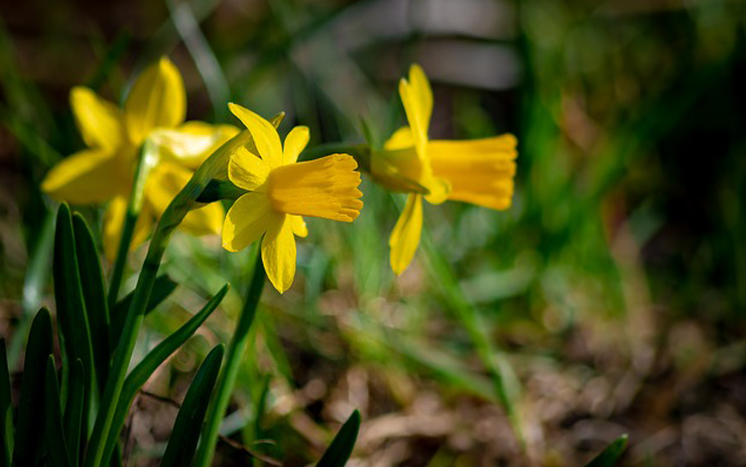
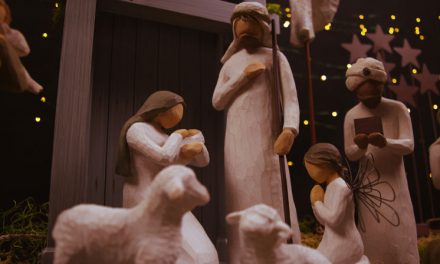



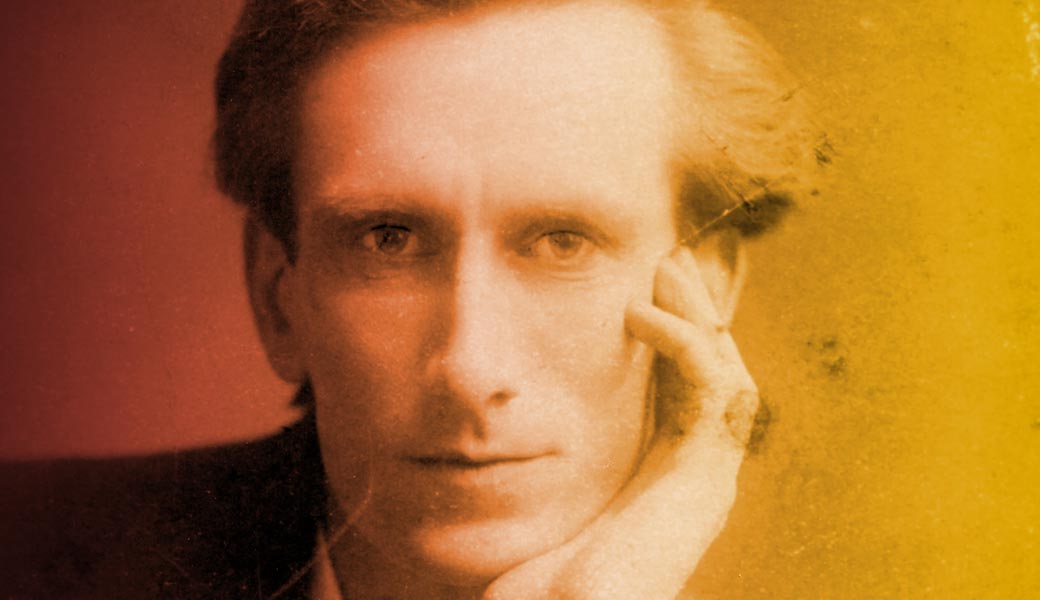
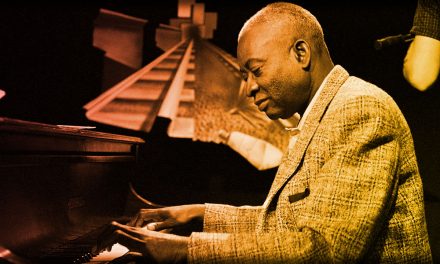
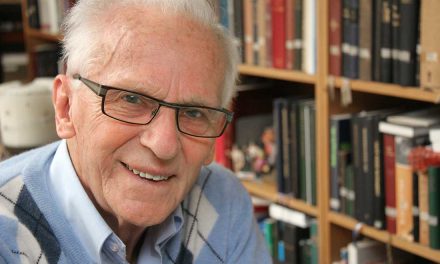
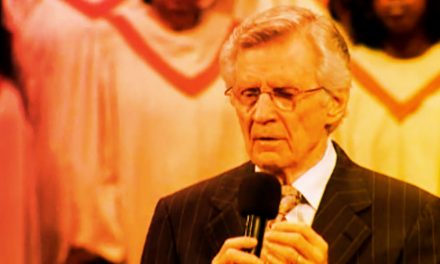
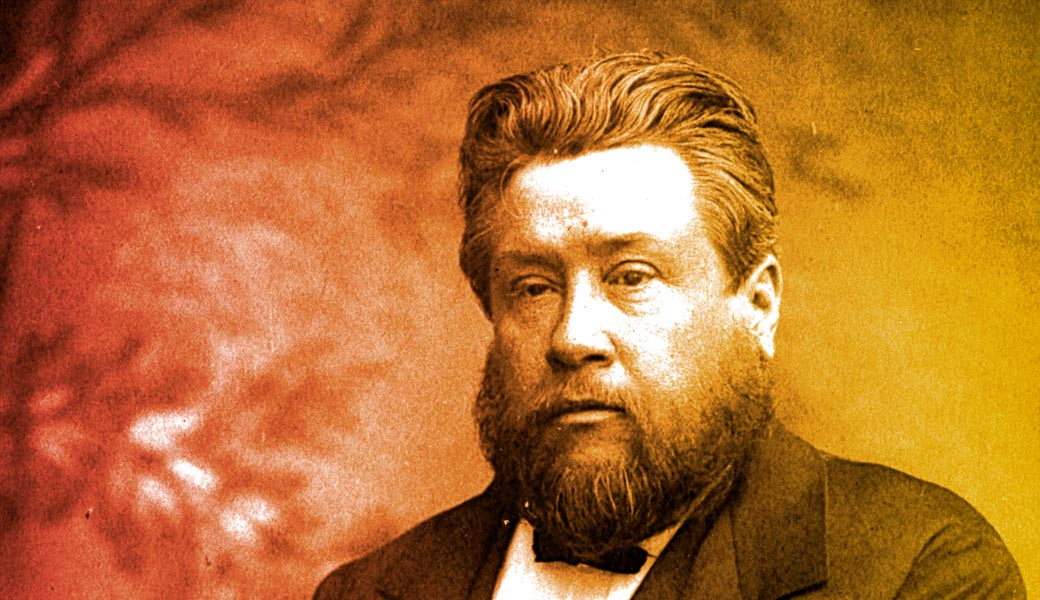
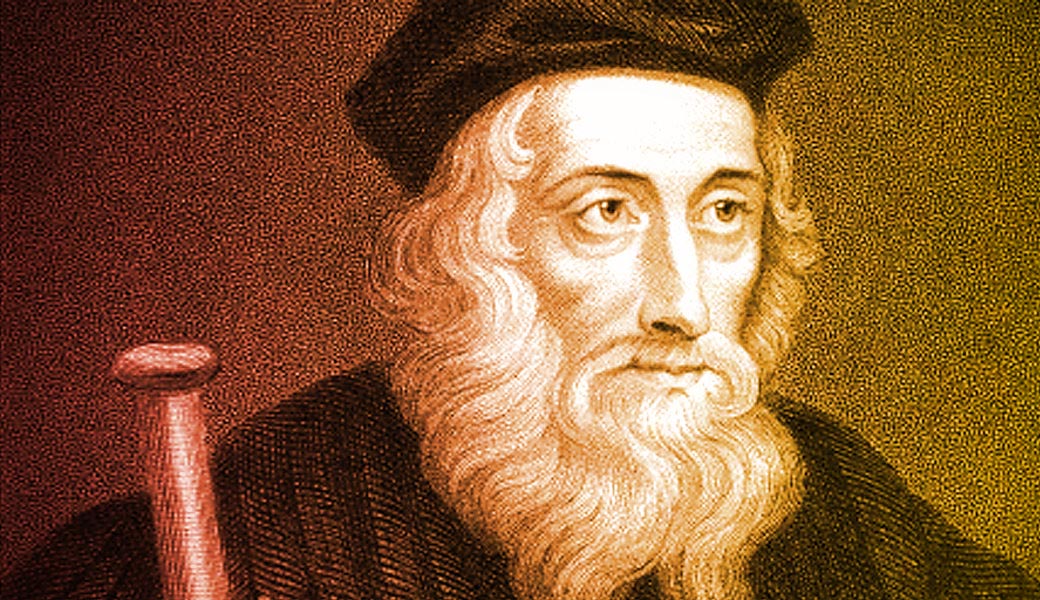
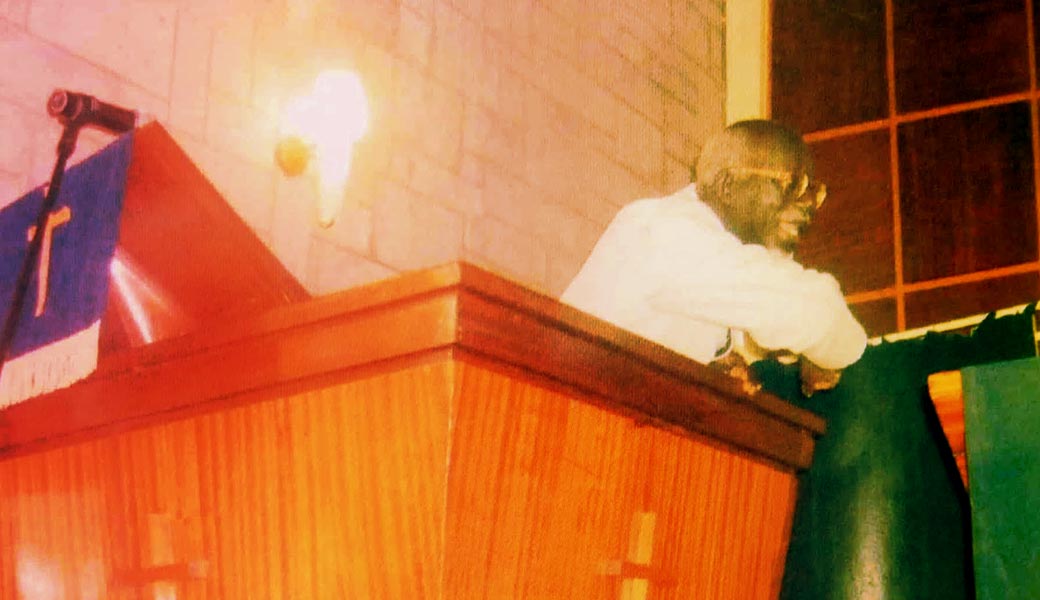

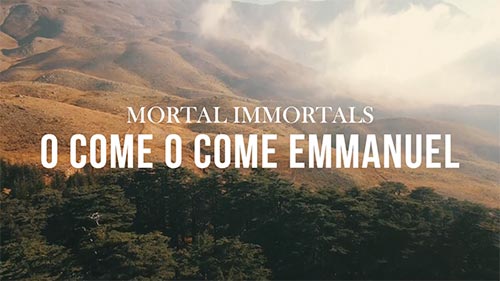
Hello, thank you for posting this blessed lady’s bio. Who is with Fanny in the top photo?
what was fanny ethnicity?
Thank you for putting up a beautiful write up about an amazing personality. Fanny has affected the Body of Christ in many ways more than one .just to note , she also gave thanks about her blindness and called it a blessing because the Lord didn’t let her see the corruption of this world.. saying that it’s a privilege because the first sight she’ll ever see is the face of Jesus in heaven. That statement stirs me up . And I love her all the more . God bless her beautiful soul.
Rosemary Anderson you did quite well writing about Fanny Crosby, i love her hymns from my childhood i have started singing her hymns in small church India. God bless you Rosemary be in touch my email is mukherjee_deepender@rediffmail.com